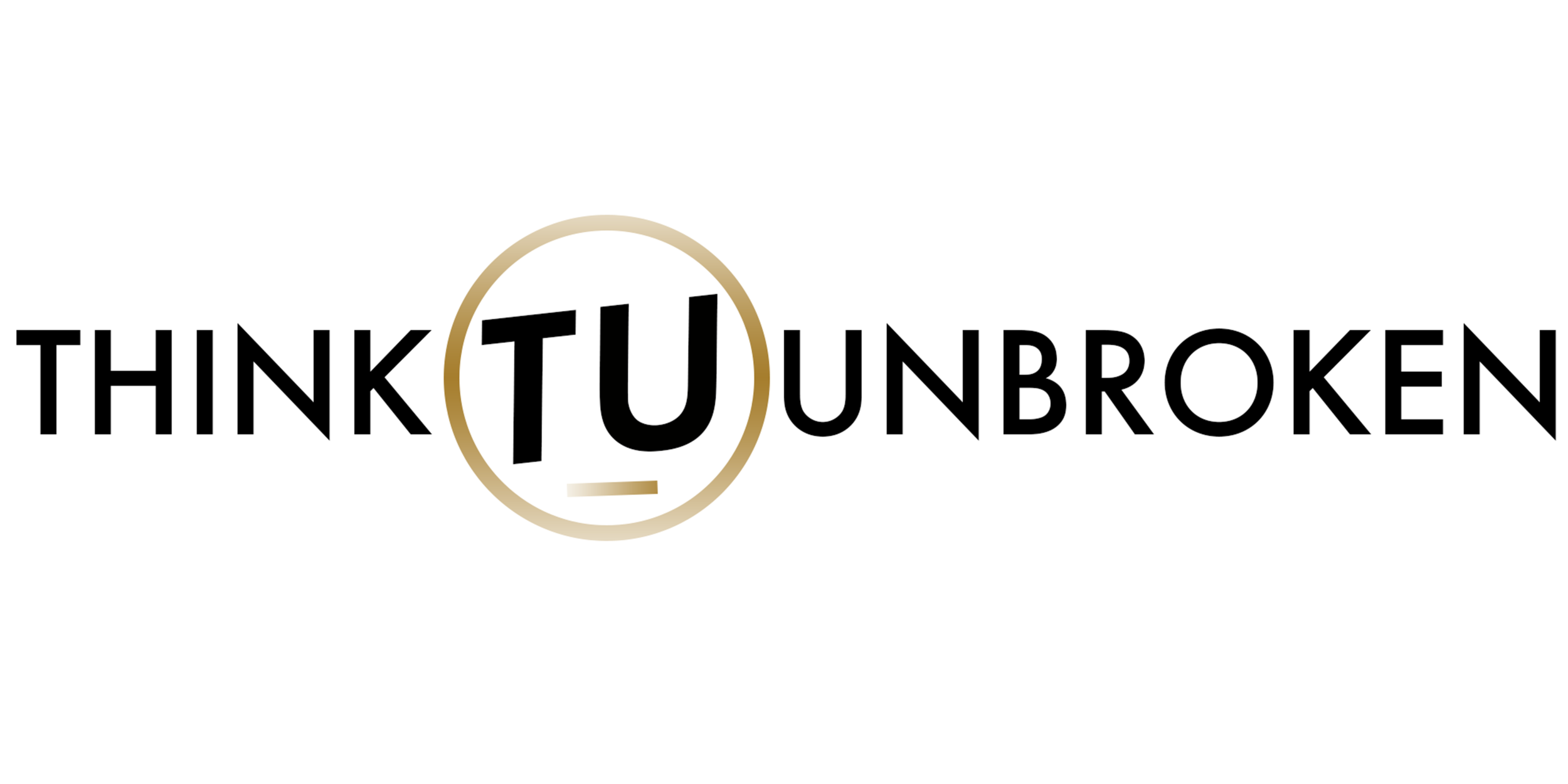What Does it Really Mean to be a Survivor of Child Abuse and Trauma?
I've been thinking about what it means to be an adult survivor of child abuse. The truth is that I don't know if I can create a definitive declaration of what it is like to exist in the body of a person that has faced the worst parts of humanity. Before the age in which we can understand what was happening, our environment was framed in chaos. The idea that I keep coming back to is that there must be a way to create a framework in which I can explain what I see in the resolve of many of us. However, I don't know if whatever "this" thing that creates our perseverance is something that can be analyzed.
Being an adult survivor of child abuse is not a burden to bear in our emotional existence alone. Trauma is the repercussions of abuse, and it is the manifestation of that abuse that leads to the various ailments and syndromes that we are faced with. I think about trauma like this; we are cleaning up the messes that other people have made.
I set out to discover more about what it means to be an adult survivor because I longed for answers, mainly why? Why did what happened to me happen, and why do millions of other adults around the world also find themselves asking the same question? In a moment of clarity, I realized that trauma is generational because abuse, the catalyst, is generational. I can't help but come back to the idea that Hurt People Hurt People. As a general statement, the more hurt a person is the more hurt that they are likely to inflict upon others. There is no question in my youth the violence that I experienced was the same violence that begat my abusers.
So, we're left not only pondering the question of why but also asking ourselves how do we manage our day to day lives with carrying such an impressive burden. One of the saddest truths about society as we head into 2020 is that around the world, and back again, child abuse is seemingly swept under the proverbial rug of the mental health conversation. You'll be hard-pressed not to find a piece on PTSD, Anxiety, Depression, or Suicide when you pick up a paper or flip to the news. The catalyst for so many of the mental health issues that we as a society and individuals face each day is not brought to the forefront of the conversation. Why? Countless studies have shown that there is a direct correlation between abuse and mental disorder in adulthood.
A few weeks ago I asked thousands of people to share what they felt was the reason that the conversation is not being had in a clear and concise way for the betterment and education of the public at large. Overwhelmingly the number one reason that people cited was shame. My thought was it must be resources; after all, how do you combat something that would likely cost as much as many of the wars that are happening in the world right now? My thoughts felt true, and they are but the profound truth as I have come to recognize and as I have come to accept and appreciate is that shame is overwhelmingly the real source of the lack of conversation. One reflection that I took from the feedback was that the shame spiral goes both ways
On the one hand, there is the shame that many adults, myself at times included, feel it is too difficult to acknowledge that they were hurt as children. The stigma associated with child abuse is too much to bear. I relate but have found that by voicing my experience, my life has changed for the better. The other side of the coin is the shame that many of the perpetrators of our abuse feel or worse the shame that they don't feel. When both sides of these coins exist, we are left paying our debt through our capacity to live, leaving us in a state of emotional bankruptcy.
I think the first thing that we must acknowledge is that we are incredibly resilient. Second, and perhaps this is less of a thought and more of an observation, but when you look at some of the most incredible people in the world, they came through unbelievable adversity. That's power, and so many of us have a wealth of power that is the cornerstone to our potential. Third, if you are reading this, then you know the same secret that I do, and that is that even when things are there absolute worse, there is still hope. That mindset, the idea that hope exists is a weapon that we proudly have in our arsenal. Fourth, I don't think this is measurable, but I have seen it time and again amongst peers and in this understanding, I see that we find a way, no matter what, to live. Lastly, our will. If you are reading this right now, then that means you did not give up. That alone is worth its weight in gold.
Where do we go from here? I think we are approaching the beginning of a massive movement and it is through community and coming together that we will ultimately be able to tackle this elusive giant. I started Think Unbroken for this very reason. We have to stand up. We have to take our lives back, and we have to do it together.
What does it mean to be an adult survivor of child abuse? It means we are fighters.
We are the Unbroken
-Michael

